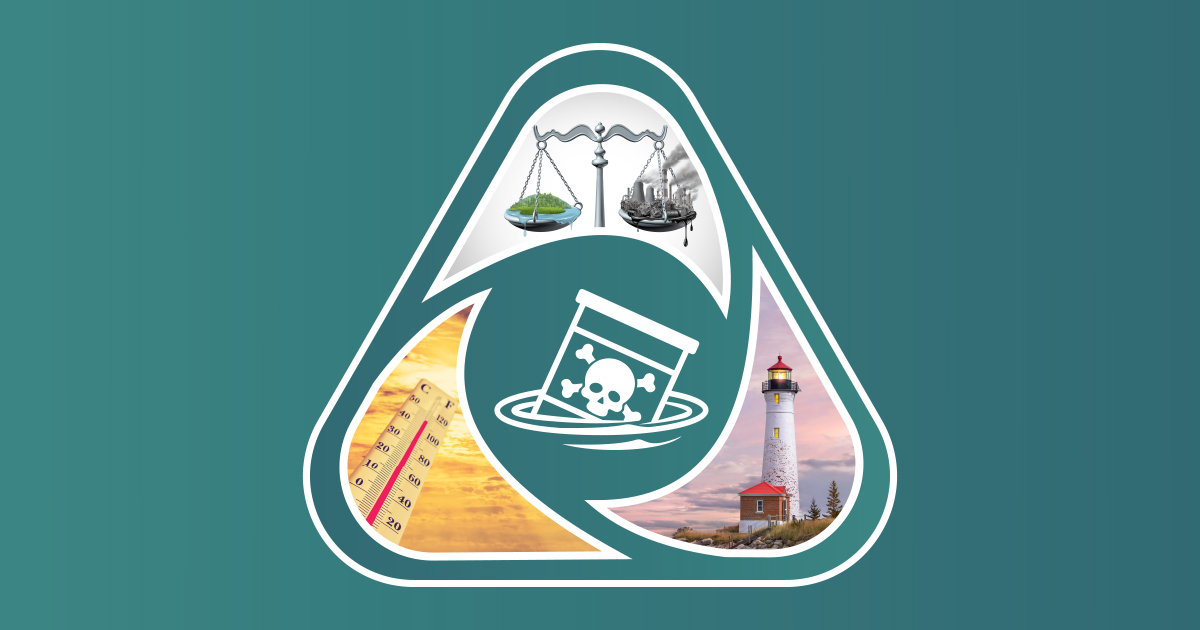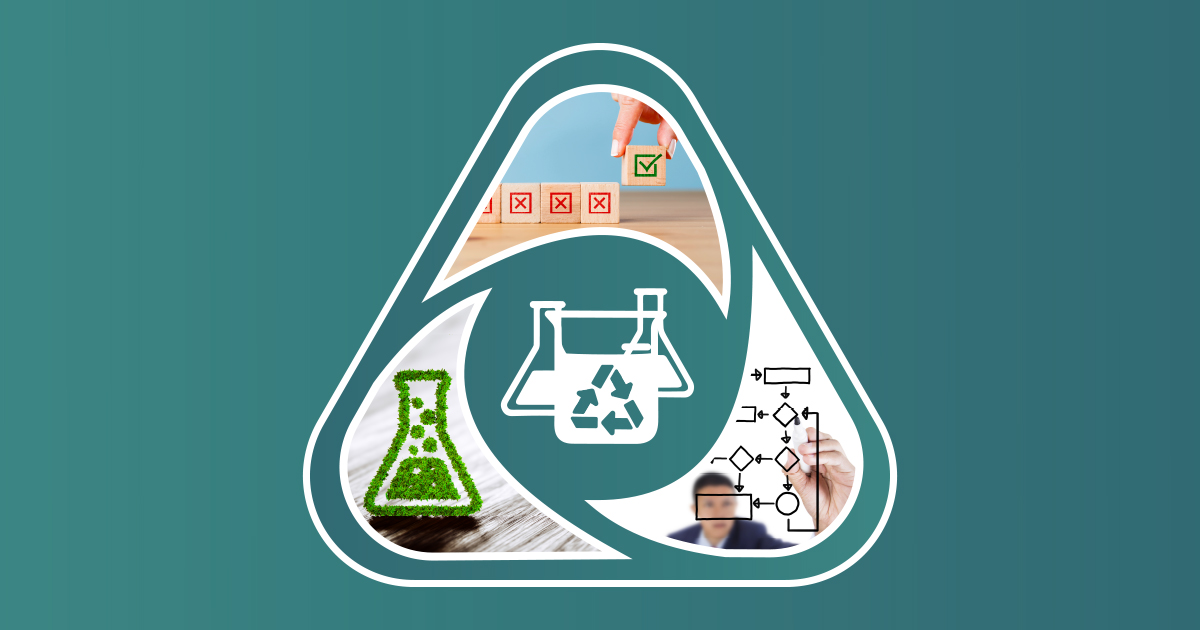
Much of the work carried out by DTT is in support of the National Toxicology Program (NTP), an interagency partnership of the Food and Drug Administration, National Institute for Occupational Safety and Health, and NIEHS.
The Division of Translational Toxicology’s (DTT) Responsive Research aims to position the division to readily address public health concerns related to novel environmental exposures.
This may include rapid responses to identify potential impacts to human health from environmental emergencies, such as oil spills, or proactive evaluation of proposed safer alternative chemicals.
The following topics make up this strategic area of research.
Emerging Contaminants and Issues of Concern
Emergencies and developing issues arise unexpectedly, yet regularly, and stakeholders often need high-quality, actionable data quickly in these situations to protect public health. However, rapid mobilization of scientific resources in response to such situations can be challenging. DTT has strategies in place to identify when rapid responses are required and assist in prioritizing responses for emerging public health issues.
Safe and Sustainable Alternatives
Substances identified as hazardous are often replaced by new or existing substances, likely due to voluntary reasons, such as public pressure or economic consequences, or for mandatory reasons, such as a ban or updated regulation. When a substance is replaced, information about the replacement’s potential harmful impacts on human health are often limited or not accessible. DTT is uniquely positioned to empower proactive assessments and strategies, assess the relative safety of alternatives, and minimize the potential for harmful substitutions, which addresses a critical need for the toxicology research community.




